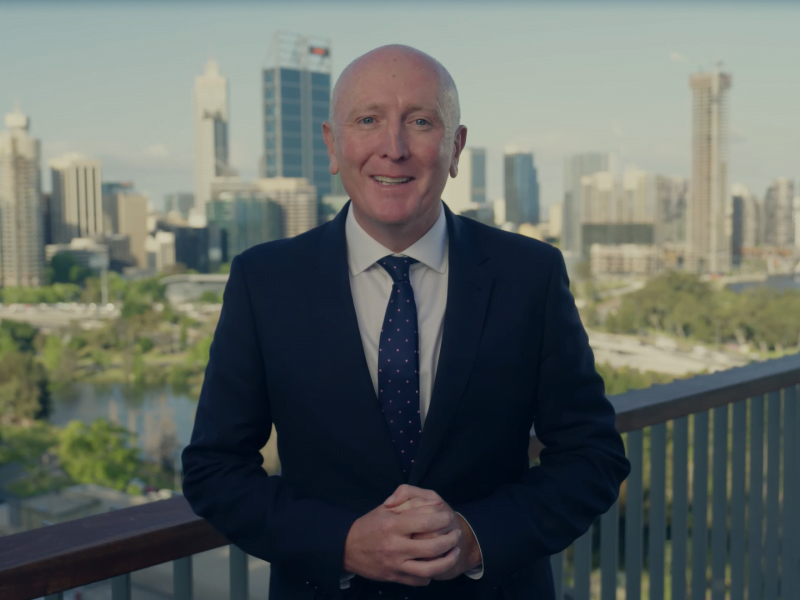The Western Australian government has kicked off work on a 10-year science and technology plan, as it continues efforts to diversify the state economy and become a global innovation hub.
The plan, which will be published mid-2024, will build on last year’s 10-year innovation strategy and highlight key strengths in areas like space operations, remote technologies and medical technology.
Opportunities to prepare for the critical technology transfers under AUKUS, advanced manufacturing, and the energy transition will also be considered.
The state is also pursuing a broader Diversify WA economic framework, which includes the ambition to be a global leader in the “manufacture, utilisation and maintenance of space and cross-sector technologies”.

Western Australian Minister for Science, and for Innovation and the Digital Economy Stephen Dawson said the 10-year plan would establish the state as “an exciting global hub of science and technology development”.
“It will acknowledge our huge capabilities and expertise in areas such as emerging tech, food security, energy transition and security, the circular economy, First Nations knowledge and more,” Mr Dawson said.
“Building the state’s science and technology capability for the next decade is essential for the future. These industries will help diversify and decarbonise the WA economy, create exciting jobs and help us to solve challenges faced by communities around the world.”
Consultation on the science and technology plan will begin in September 2023.
The announcement follows Western Australian Premier Roger Cook’s first major keynote, in which he announced a yet-to-be-scheduled energy transition summit to bring together stakeholders across the industry.
In the speech, he criticised the “eastern-state centric attitudes” of federal politicians and announced the state government would establish a ‘Team WA’ office in Canberra to “disrupt the thinking” that leads to the state’s manufacturing and green energy capabilities being largely ignored.
Along with state government representatives, the hub will be used by local lobby groups advocating for Western Australian businesses and industry, alongside other non-government interest groups.
Mr Cook also described Prime Minister Anthony Albanese as someone who “gets” Western Australia. During a ‘Showcase WA’ trade show at Parliament House earlier this month, Mr Albanese brandished his care for the state by declaring he had visited 14 times in the last 14 months.
“One of the things we were reminded of during the global pandemic as well is how important the Western Australian economy is to our national economy. It was a driver of the economy,” the Prime Minister said.
He highlighted the importance of the state’s lithium sector to underpinning the transition to renewable energy and flagged that the AUKUS agreement would help drive the state’s manufacturing and shipping industries, among others.
Last July, Western Australian chief scientist Peter Klinken said international investors were taking notice of the state’s capabilities beyond its resource sector, particularly in remote operations, automation, and MedTech.
Do you know more? Contact James Riley via Email.

